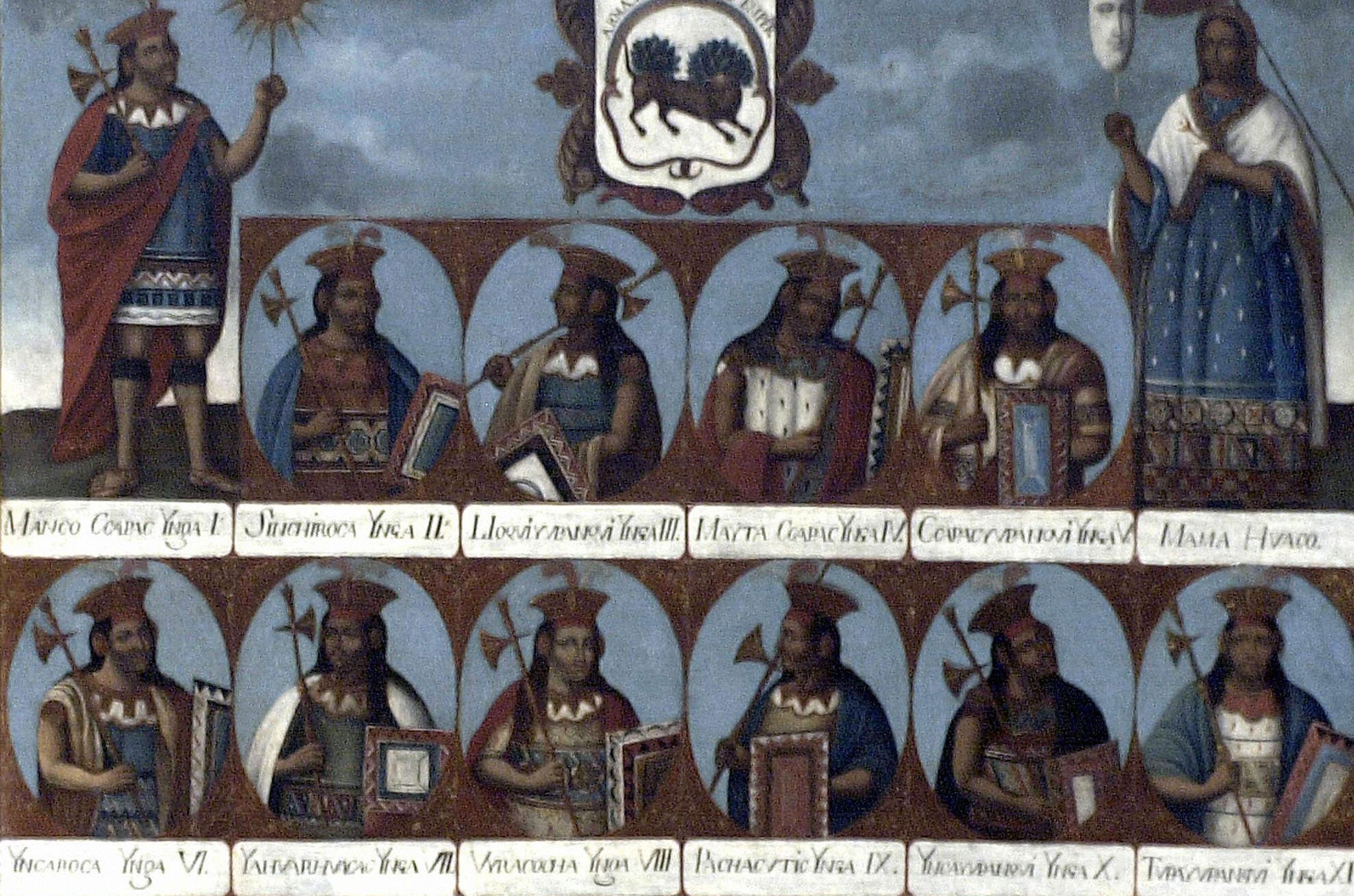The traditional British surname is dying out? Good
A Sunday newspaper laments the passing of "traditional" names like Foothead and Pauncefoot. As a Lezard, I'm attuned to this kind of subtle racism

Your support helps us to tell the story
From reproductive rights to climate change to Big Tech, The Independent is on the ground when the story is developing. Whether it's investigating the financials of Elon Musk's pro-Trump PAC or producing our latest documentary, 'The A Word', which shines a light on the American women fighting for reproductive rights, we know how important it is to parse out the facts from the messaging.
At such a critical moment in US history, we need reporters on the ground. Your donation allows us to keep sending journalists to speak to both sides of the story.
The Independent is trusted by Americans across the entire political spectrum. And unlike many other quality news outlets, we choose not to lock Americans out of our reporting and analysis with paywalls. We believe quality journalism should be available to everyone, paid for by those who can afford it.
Your support makes all the difference.So according to the Guild of One-Name Studies, an organisation devoted to the study of family names, “traditional English surnames” such as Mackmain, Bythewood, Foothead and Pauncefoot, are dying out. This news, delivered in a book by Mrs Debbie Kennett of that Guild, has been reported in a Sunday newspaper. “They are names that have been passed down through generations of Britons,” was how the article in the Sunday Telegraph glossed this. What on earth, I wonder, could they possibly be driving at?
I am attuned to this kind of subtle racism to a perhaps higher degree than many, bearing a surname which is neither common in nor native to these islands. It is not a Smith of a name. Any Lezards out there – and I’m related to them.
Where it comes from is a matter none of us can agree on. We entertain our own crackpot theories – my favourite, because most exotic, and therefore least likely, is that there is a Basque root somewhere. It is, though, much more likely that there is something Jewish going on, and that my French forbears were obliged to take names from the natural world in a kind of nominative equivalent of the yellow star.
It could have been worse – I mean, we’re still here – and while my contemporaries at school when I was growing up had the swift intelligence to remark that my surname had a passing similarity to the word “lizard”, the French word “lézarder” means “to bask”, and I like basking, so I wouldn’t now have it any other way.
In a recent spat with the right-wing writer Mr Peter Hitchens, I noticed he made sport with my name in the same way my young peers once did, which made me realise, helpfully, that we were not exactly engaged in an equal battle of wits.
But alas for those with “traditional” surnames who think they can trump people in argument or virtue if they have non-English surnames, the Pauncefoots et al are dwindling. I don’t think this is a problem.
Doubtless the Guild of One-Name Studies is motivated by historical curiosity and not snobbery but its findings are certainly not a matter for lamentation. If the Footheads have died out it is not because of a deliberate policy to wipe them from the face of the earth.
I am also pleased to report that my own children do not suffer from the idiotic name-calling I did: there are now all kinds of exotic names in our schools, the state ones at least, and hurrah for that. So by all means research our surnames, and track their disappearance, but let’s not get too hung up on “tradition”. And let us also remember that there is not much in a name, and that a rose by any other one would smell as sweet.
Join our commenting forum
Join thought-provoking conversations, follow other Independent readers and see their replies
Comments